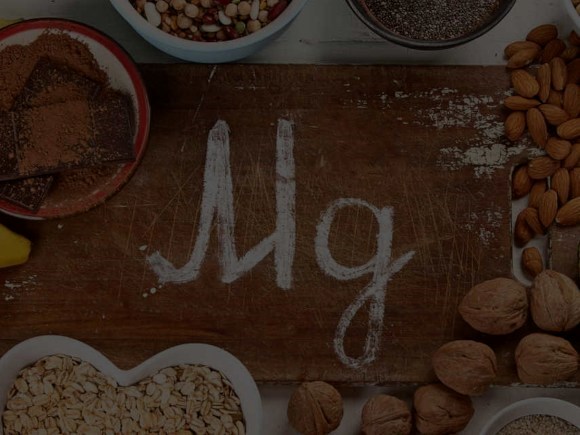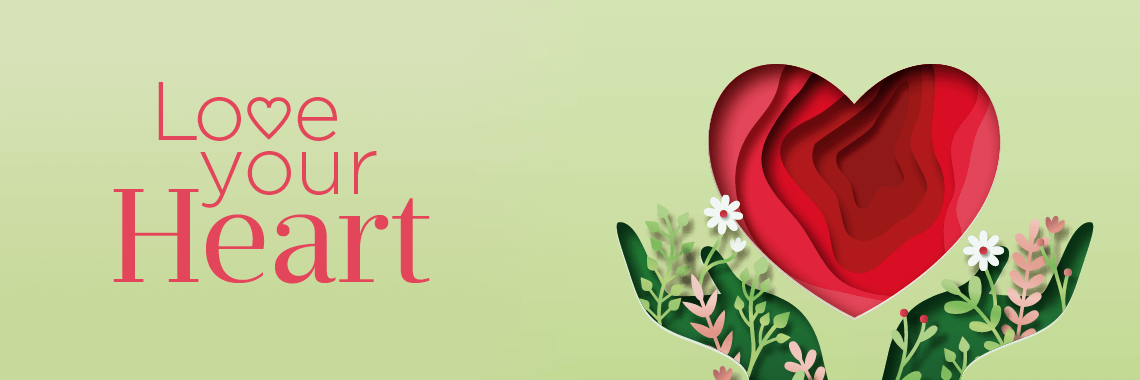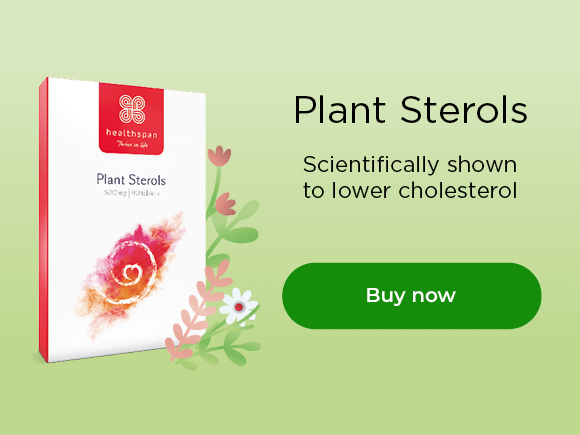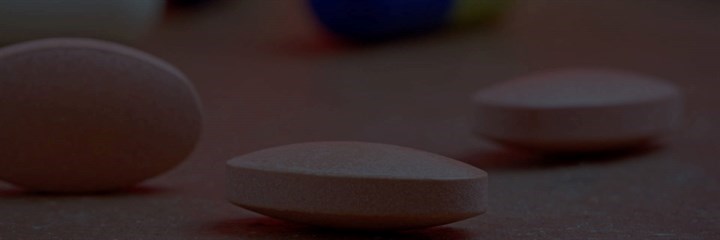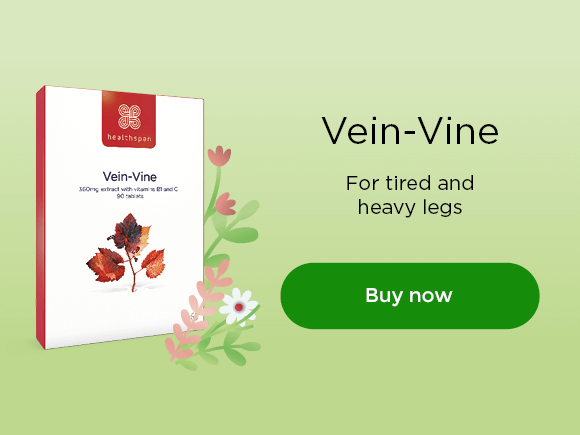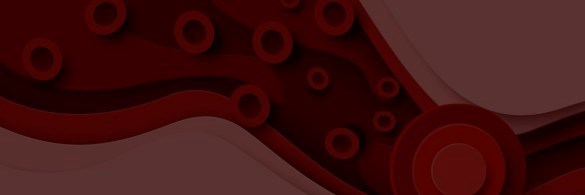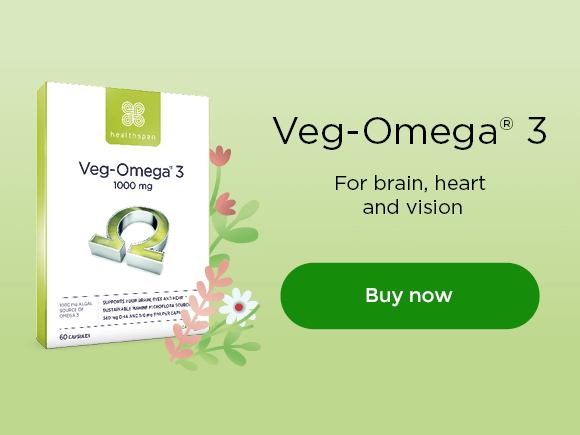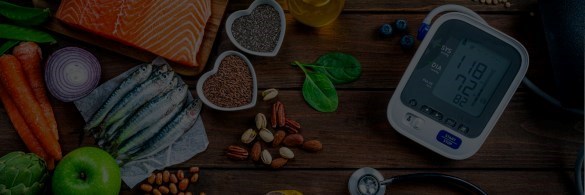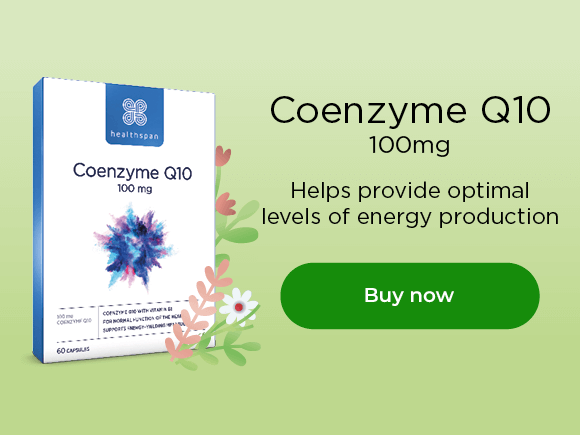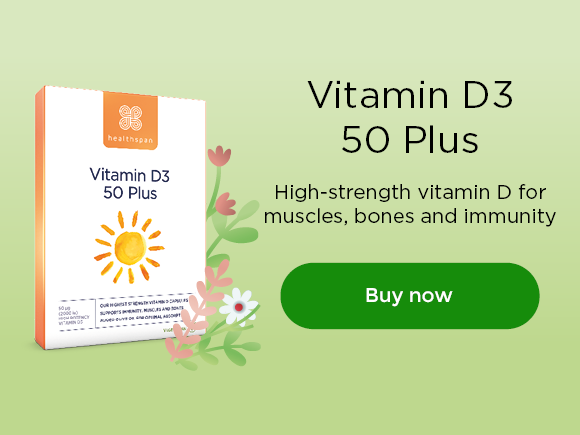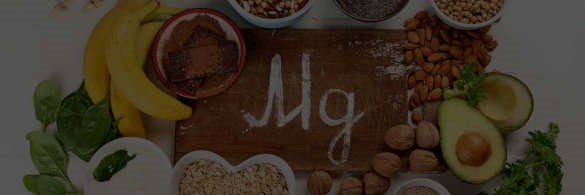Find out all about the different aspects of heart health, as well as the diet, lifestyle tweaks and supplements that can keep you in top condition. With expert advice from Dr. Hilary Jones.

"Many of us don't think about our heart and cardiovascular system until something goes wrong. This is a shame, as there is so much you can do to look after your heart health and so reduce the risk of problems like heart attacks or stroke."
Dr Hilary Jones, GP and Medical Advisor to Healthspan
Heart health advice from Dr Hilary Jones
Cholesterol
Cholesterol is a waxy, fat-like substance found in your blood. It's essential for building cell membranes and hormones. However, high levels of 'bad' LDL cholesterol can build up in your arteries, causing them to harden and fur, and increasing the risk of heart disease.
Cholesterol support
Too much cholesterol leads to a build-up of fatty substances in the circulation, narrowing arteries and reducing the oxygen supply to vital organs such as the heart.
Plant sterols come from natural plant sources and can reduce cholesterol significantly in the bloodstream. They could also be taken along with statins.
Cholesterol advice
Circulation
Proper circulation is key for maintaining optimal heart health, ensuring blood and oxygen continuously flow through the heart and throughout your body.
Poor circulation can lead to lack of energy, cold extremities (hands and feet) and delayed or slow healing. It can also result in swollen and heavy legs in periods of warm weather.
Circulation support
A dependable circulation transports oxygen and nutrients around the body, removes waste and toxins and protects against disease, inflammation and infection. So healthy blood cells, blood vessels and a strong heart are essential.
A healthy lifestyle is imperative, but a good blood flow and healthy leg veins can be enhanced with the use of Healthspan's Vein-Vine and vitamin K2.
Circulation advice
Blood pressure
1 in 4 adults in the UK has high blood pressure (hypertension). Persistent high blood pressure can increase your risk of heart disease, heart attacks, strokes and vascular dementia, while low blood pressure (hypotension) can lead to symptoms such as lightheadedness, weakness, fainting, blurred vision and feeling sick.
Blood pressure support
25% of UK adults have high blood pressure, putting them at increased risk of heart attacks and strokes. They may have no symptoms until it's too late, and even when diagnosed, treatment can have side-effects.
Exercise, a healthy, varied low-salt diet and reduced stress will help, but so will a good intake of omega 3, garlic and magnesium in either food or supplement form.
Blood pressure advice
Energy
Fatigue is a common side effect of poor heart health, especially if you have had heart problems in the past. If you suffer from extreme tiredness, it could be a sign you have a heart condition.
Energy support
Millions of people today are restricted by constant fatigue and low energy levels.
In the absence of any medical explanation, this can be helped by supplements containing three great energy boosters. These are coenzyme Q10, aka 'nature's spark plug' (with protective antioxidant effects on the brain heart and muscles), ubiquinol and B group vitamins.
Energy advice
Heart muscle
The heart is a muscle, and like any muscle, exercise can strengthen it. Nutrients such as vitamin D and magnesium are also important for heart health; vitamin D helps maintain muscles, while magnesium supports the nervous system that keeps the heartbeat regular.
Heart muscle support
Low vitamin D is associated with muscle weakness and an increased risk of falls. Supplementation can maintain strong muscles, while magnesium is a calcium blocker that helps muscles relax after contraction to prevent spasms and cramps.
Magnesium can also help heart muscle contraction and regulate the neurotransmission that stabilises certain heart rhythm disorders.
Heart muscle nutrients advice
